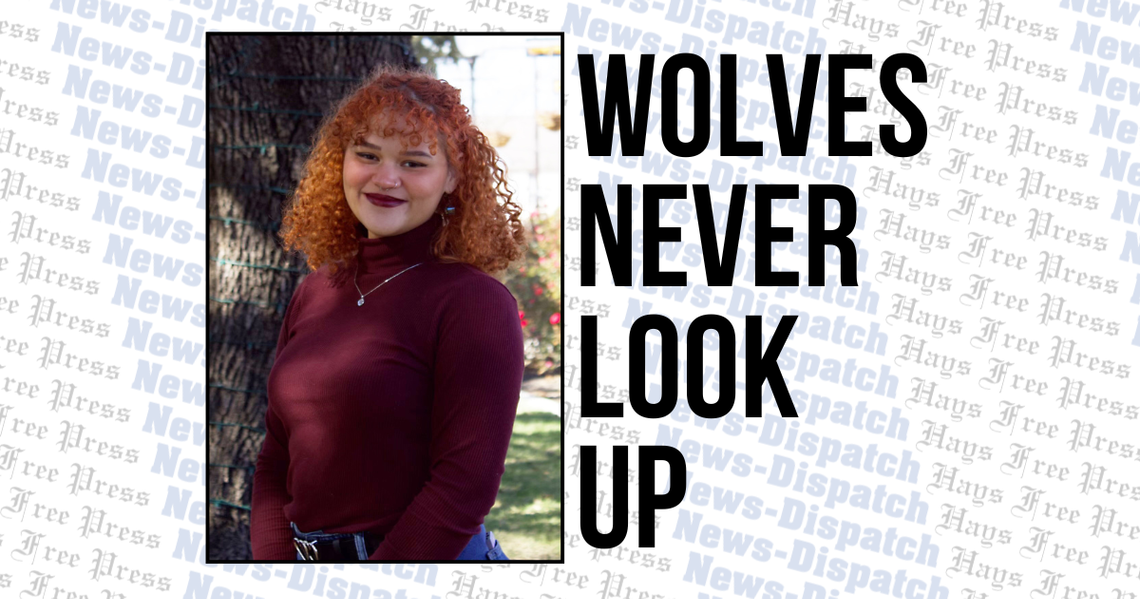It’s toward the end of the month, but despite that, I think it’s still important to remember that September is Suicide Prevention Awareness Month, which also includes World Suicide Prevention Day Sept. 10.
According to the World Health Organization, the first World Suicide Prevention Day occurred in 2003, as part of a collaboration between it and the International Association for Suicide Prevention. The goal is to reduce stigma and raise awareness for one of the leading causes of death in the world.
This effort was expanded with declaring the entire month of September as Suicide Prevention Awareness Month in 2008.
With hearing people older than me talk about how mental health used to be discussed, I think this was probably monumental and I’m grateful for those who fought for it because it makes the conversations we have today slightly more accepted. Although this was a step forward for society, it doesn’t necessarily make it any easier to live with: personally or secondarily.
As someone who suffers from mental health issues, like I’m sure many others do, it can quickly become a burden for those closest to me.
It can be a burden for others to listen to my many spirals, to deal with my breakdowns, to suffer in the awkwardness when I can’t muster up the energy to be a person, to experience my shifting and indiscernible moods, to simply exist in the same environment as me. And that’s when I kind of have it together. When I’m struggling and drowning with no escape, I’m sure it’s 10 times worse.
Even you reading this are probably begging for me to come up with a more interesting topic for this column, but I can’t. It’s all consuming. I, too, wish I could come up with a fun or relevant discussion: something about the upcoming fall season or political occurrences around the world, yet here I am — stuck.
It’s times like this when I feel the urge to shut down and retreat into myself, becoming the person my brain wants me to be, but, sometimes, there’s a small part of me that wants to see the light.
———
Disney’s Marvel Studios released Thunderbolts* in May of this year and I will confidently, and perhaps prematurely, say — Marvel is back, baby.
This movie felt like classic Avengers. We’ve experienced and learned about each of these characters prior to their team up and are able to spend the movie focusing on both the at-large issue and individual struggles, rather than stuffing an entire origin story into several 5-minute crash courses.
But what’s interesting to me is that, at its core, Thunderbolts* is a movie about mental health.
The main characters — Yelena and Bob — severely struggle with their debilitating mental health and are barely hanging on. Throughout the movie, the audience sees the obstacles they face and, ultimately, how the support of others can bring them out of it.
This movie resonated so much with me because I understood them. I’ve felt that low. I’ve been that desperate. I’ve been that helpless. And, when I let them, I’ve had that same support group drag me out of it.
It’s taken me a long time to find people that care about me and love me, to find those that will take the time to dig me out of my depression, even if I’m 10-feet under; they help that small part of me find the light and make my way out.
So, thank you to those who assure me that I’m more than my diagnosis and that I’m worth coaxing out of my hermit state. I’m also grateful for movies like these that take the time to introduce the idea that mental health matters and to remind others to check on their loved ones.
Although I’m struggling right now, I know that I can count on my support group, just like Yelena and Bob did, and I’ll, too, survive the void.
If you or a loved one is experiencing suicidal thoughts, help is available at the 988 Suicide and Crisis Lifeline.
Kelley is news editor of the Hays Free Press and News-Dispatch. She can reached via email at [email protected].










